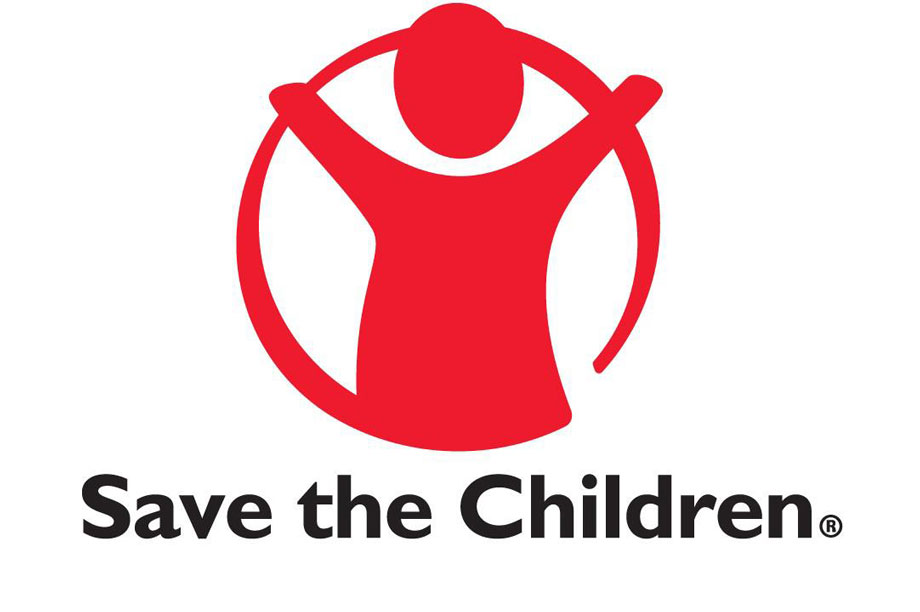Last week, I spent almost an hour searching online for an attractive-looking letter holder. At the request of my partner, I was on the hunt to find something that ‘looked nice’ but would also act as a more organised dwelling for Mount Mail, our never-ending pile of letters.
Mount Mail currently resides on the dining room table and – under the illusion that we receive any important documents – I agreed a letter holder was the solution to our paper problems. But last night, as I emptied our letterbox and attempted to finally tackle MM, I realised what our letter holder would really be used for: charity mail.
I split the letters up into piles: important documents; junk; charity mail and letters for a former tenant (who seemingly doesn’t have a letter holder either). It was at this point I realised over 70% of our all-important pile consisted of documents from charities. My partner donates to a lot of different charities, which is great, but the amount of post we receive as a result of it is becoming too much – even for me, who makes a living out of learning about what the sector is up to.
With this in mind, it didn’t surprise me that figures published in the Fundraising Regulator’s latest annual complaints report revealed complaints about direct mail are up by 20%. Over the past year, sending mail to donors generated 5,619 complaints, which is a significant increase on the 4,709 complaints reported the year before.
The charity sector is a huge force for good, but in the midst of a climate crisis, it also has an important role to play in helping people to better protect our planet. A big part of this is encouraging the reduction of non-essential waste.
Data recorded by the Global Forest Resource Assessment last year revealed 80,000 to 160,000 trees are cut down each year around the world, a large proportion of which are being used in the paper industry. The loss of trees is a huge problem for our planet and so it concerns me that charities – many of which are actively seeking to achieve environmental change – are still contributing to the issue by mailing out hundreds of thousands of letters every year.
There are of course a number of eco-friendly options, which rely on more environmentally conscious methods of production. But even recycling paper comes with its share of problems. For example, recycling paper reduces the demand for trees to be planted and still relies on electricity from fossil fuels during the production process.
Communication with supporters is essential and I’m certainly not campaigning for the abolition of paper (I am the editor of a print magazine), but given the number of complaints made about the frequency of direct mail – and the environmental impact it has – it is certainly worth charities thinking more carefully about the frequency of the letters they are sending out and understanding whether it’s truly necessary or effective. And if it is, perhaps reducing the frequency might increase the effectiveness.
We never did buy the aforementioned letter holder, and after finally tackling Mount Mail, we have no intention to, either. I love this sector and will always support it, but if I can find frustration in the overuse of paper through high-levels of direct mail – which arguably contradicts the sector’s goals for the planet – there is no surprise the average supporter might too.
Latest News
-
More than 20 small charities each win £22,000 of funding and support
-
Funder set up by film making legend announces new CEO
-
Cranfield Trust announces appointment of new chief executive
-
Former ACEVO chair to lead youth charity
-
Small charity funder boosts grant size
-
Large charities 'more effective' by partnering with small community groups
Charity Times video Q&A: In conversation with Hilda Hayo, CEO of Dementia UK
Charity Times editor, Lauren Weymouth, is joined by Dementia UK CEO, Hilda Hayo to discuss why the charity receives such high workplace satisfaction results, what a positive working culture looks like and the importance of lived experience among staff. The pair talk about challenges facing the charity, the impact felt by the pandemic and how it's striving to overcome obstacles and continue to be a highly impactful organisation for anybody affected by dementia.
Charity Times Awards 2023
Mitigating risk and reducing claims

The cost-of-living crisis is impacting charities in a number of ways, including the risks they take. Endsleigh Insurance’s* senior risk management consultant Scott Crichton joins Charity Times to discuss the ramifications of prioritising certain types of risk over others, the financial implications risk can have if not managed properly, and tips for charities to help manage those risks.
* Coming soon… Howden, the new name for Endsleigh.
* Coming soon… Howden, the new name for Endsleigh.
Better Society

© 2021 Perspective Publishing Privacy & Cookies










Recent Stories